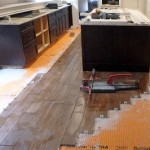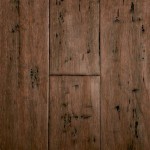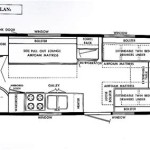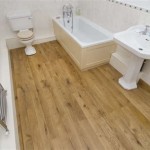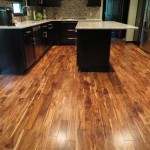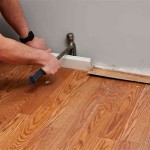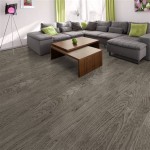Laminate Flooring Moisture Barrier Installation: A Guide to Essential Considerations
Installing a moisture barrier is a crucial step when laying laminate flooring. It helps to protect your floor from moisture damage caused by spills, leaks, and humidity. Proper installation of the moisture barrier is essential to ensure the longevity and integrity of your laminate flooring.
Benefits of a Moisture Barrier
A moisture barrier provides several benefits, including:
- Prevents water damage to the flooring and subfloor
- Controls moisture levels, reducing buckling and warping
- Improves the overall performance and life expectancy of the laminate flooring
Types of Moisture Barriers
There are two main types of moisture barriers:
- Polyethylene (PE) Film: A thin, waterproof sheet that prevents moisture from penetrating the floor from below.
- Underlayment with Moisture Barrier: A combination of an underlayment and a built-in moisture barrier, providing added cushioning and water protection.
Choosing the Right Moisture Barrier
The type of moisture barrier you choose depends on the specific requirements of your flooring and subfloor:
- Polyethylene Film: Suitable for most laminate flooring installations, especially when installed over concrete or crawlspaces.
- Underlayment with Moisture Barrier: Ideal for high-moisture areas, such as basements or humid climates.
Installation Process
Proper installation of the moisture barrier is essential:
- Prepare the Subfloor: Ensure the subfloor is clean, dry, and free of debris.
- Unroll the Moisture Barrier: Spread the moisture barrier over the subfloor, overlapping the edges by about 6 inches.
- Tape the Seams: Use a moisture-resistant tape to seal the overlapping edges of the moisture barrier.
- Trim the Excess: Trim any excess moisture barrier around the edges of the room.
Additional Tips
- Always refer to the manufacturer's instructions for specific installation guidelines.
- Ensure there are no gaps or tears in the moisture barrier to prevent moisture penetration.
- Consider installing a vapor barrier in addition to a moisture barrier for maximum protection in high-moisture environments.
- Inspect the flooring regularly for signs of water damage, especially after spills or leaks.
Conclusion
Installing a moisture barrier is an essential step in protecting your laminate flooring from moisture damage. By carefully selecting and installing the right type of moisture barrier, you can ensure the longevity and beauty of your laminate flooring for years to come.

What Is A Moisture Barrier And When It Needed For Flooring Inc

How To Install The Moisture Barrier Over Concrete Subfloor

Silent Silver Underlayment High Density Foam Underlay

Vapor Barrier Under Laminate Floor And Floating Problems

Does The Quiet Walk Underlayment Plastic Vapor Barrier Face Up Or Down When Installing Mp Global S Llc

How To Lay Underlayment For Laminate Flooring

6 Mil Vapor Barrier Underlayment Over Concrete Floors

What Is A Moisture Barrier And When It Needed For Flooring Inc

How To Install A Vapor Barrier Below Laminate Flooring Working On

Hardwood Floor Underlayment Ultimate Guide
Related Posts


